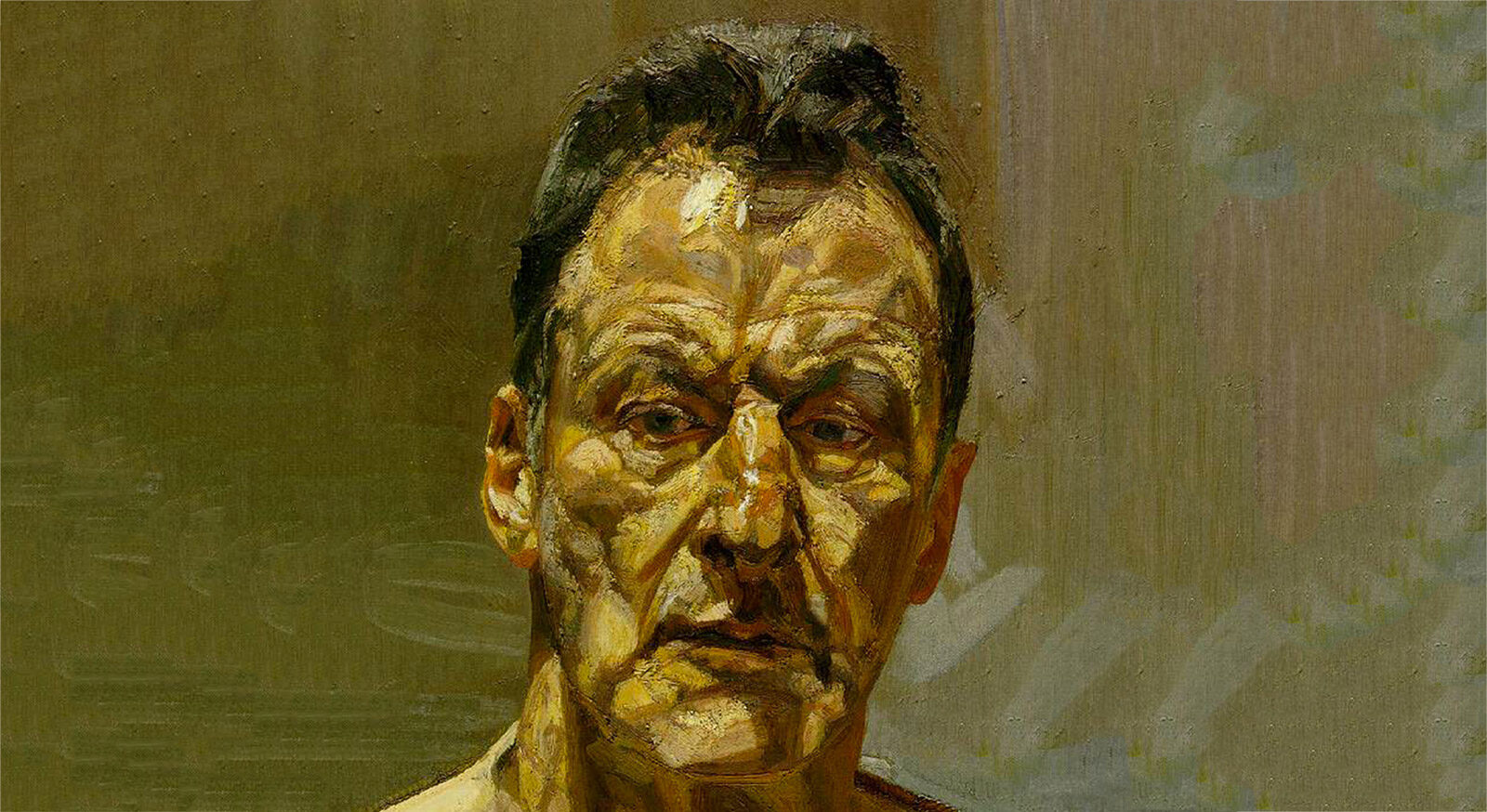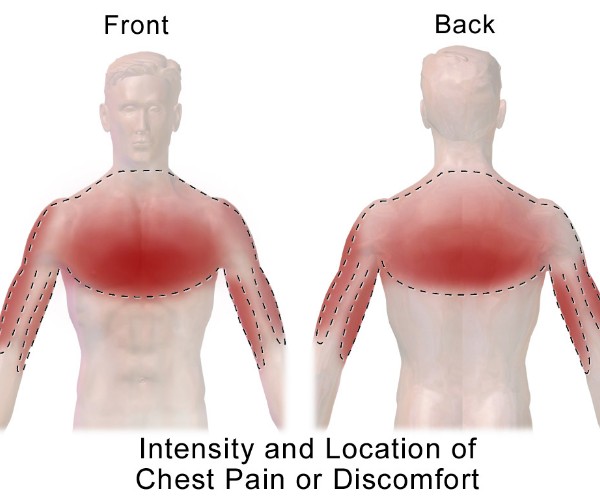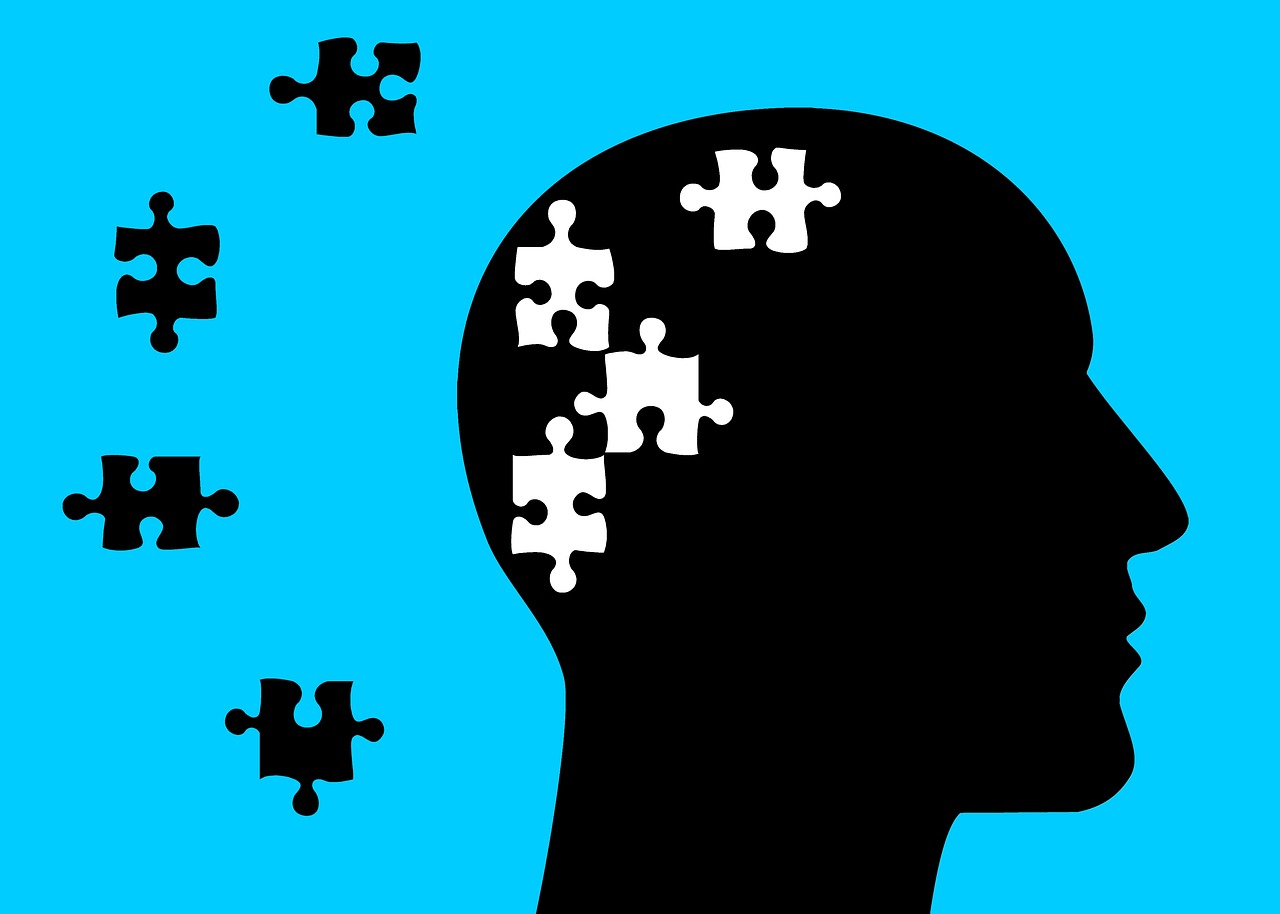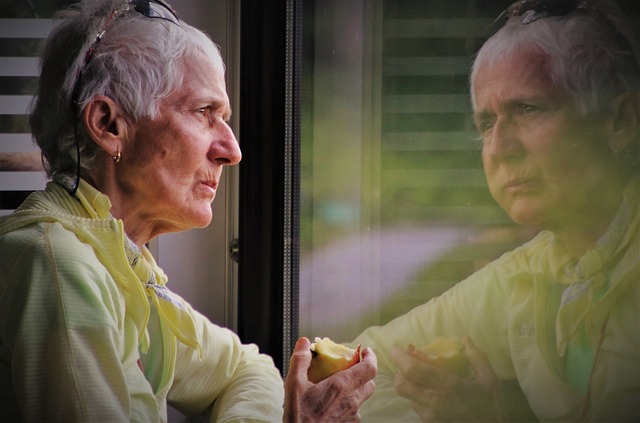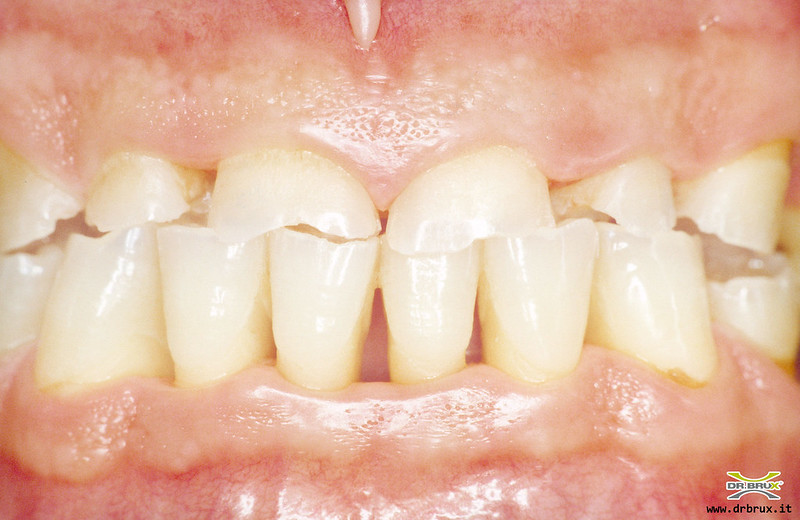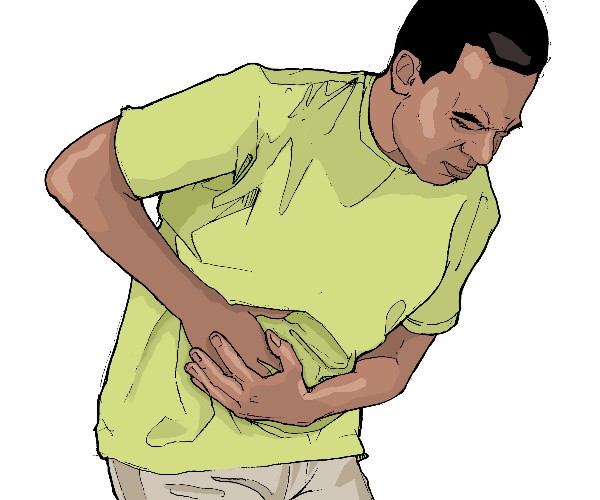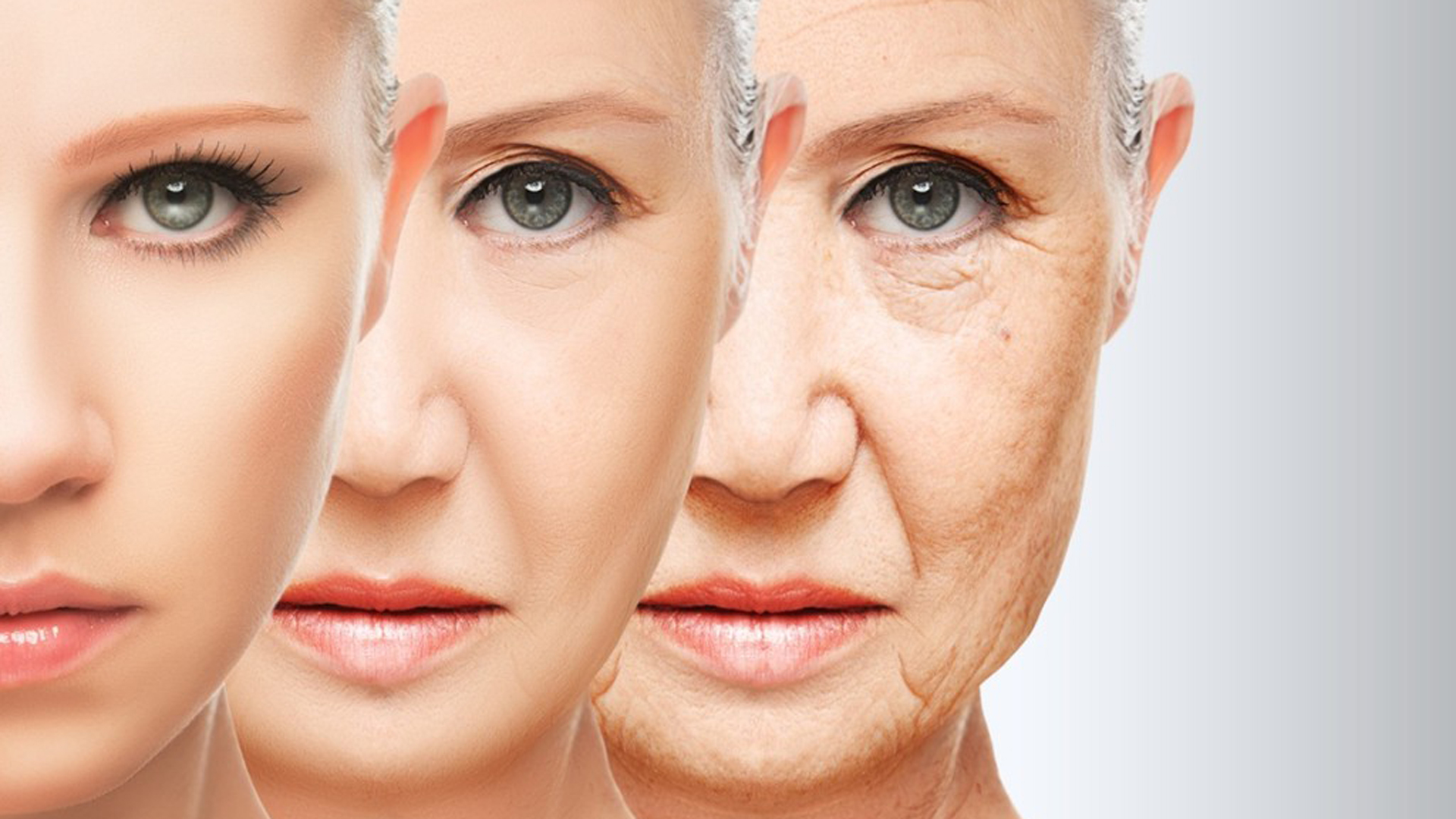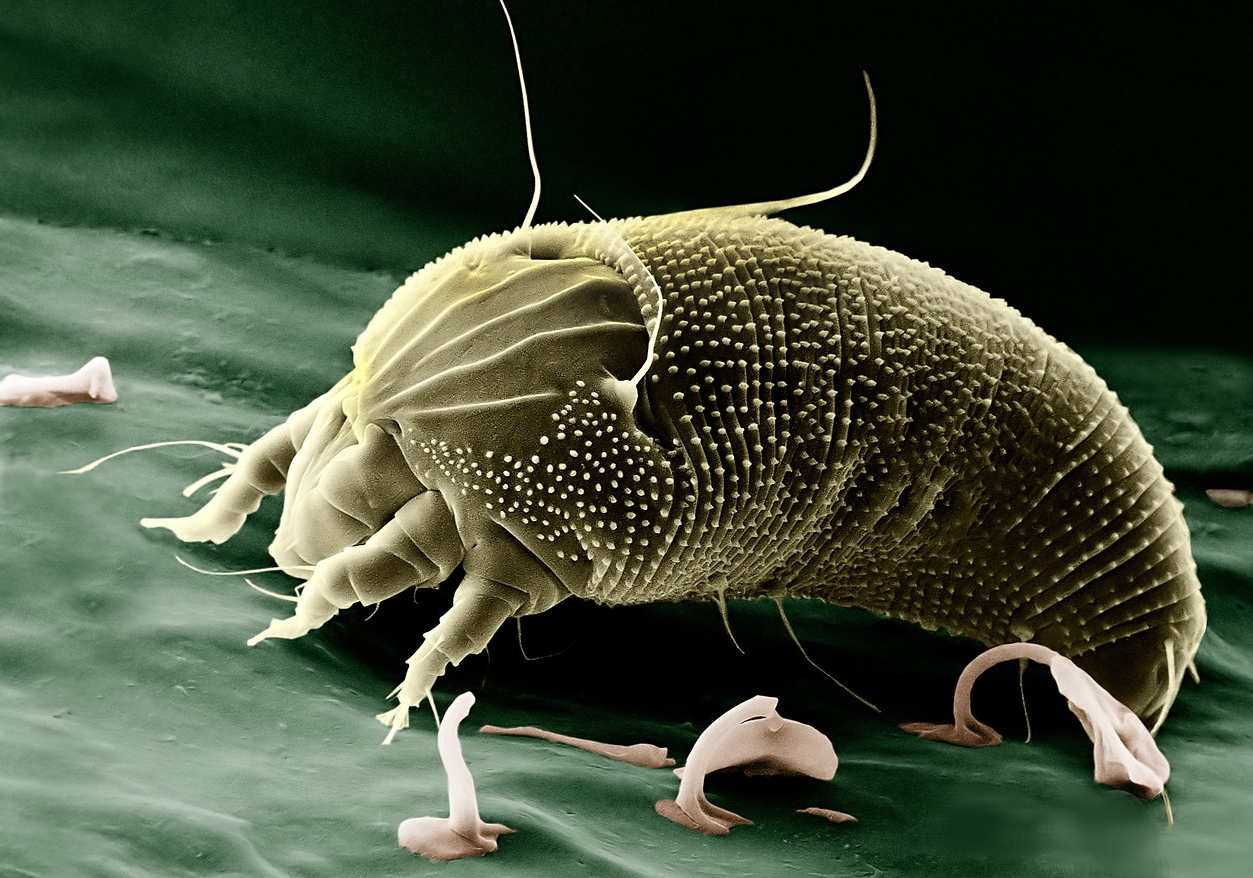One of the functions of reproductive psychology is to be able to put people at the center, highlighting the continuous interaction between biological, psychological, relational, social, and cultural factors.
That is, the focus needs broadening from individual complexity to relationship to include influences arising from the expectations of parents, extended families, and the social and cultural group to which they belong.
It starts with the couple and this represents, among other things, the confluence point of two different family systems. Moreover, a bond is established between the partners that has nothing biological, but is cultural and exogamic.
Families of origin can be either an important resource or a critical issue depending on each case, and depending on the level of autonomy and disengagement achieved by each individual member. Indeed, they can fulfill a role of containment and support or they can exert pressure, amplify anxiety, and act out attitudes of hostility.
This happens, for example, when for strictly personal or cultural reasons there are very strong expectations of having a grandchild or when, in the presence of an existential fragility on the part of one of the members of the couple, a new birth is seen as a saving breakthrough and an opportunity for healing or again when a diagnosis of infertility is used as a tool to validate perplexity and disagreement regarding the formation of that specific couple, etc.
There could be so many examples and, if we want to look at them in their narrative dimension, they stand to show how already only the project of a child to be born is located within a network not only of relationships, but also of stories, expectations, goals and projections.
Although almost all couples say they do not feel the emotional and social pressure from the parents’ expectation of becoming grandparents, a good majority fantasize the desired child as a “gift” to the parents.
Experiences related to a condition of infertility, which already contemplate the anger of feeling deprived of a “right,” the feeling of having been “robbed of the future,” then include feeling guilty for being incapable and disappointing parental expectations or, in cases, for example, of problems that could have been prevented, a form of resentment for having been poorly cared for and protected by them.
Therefore, it is very important to be able to place the couple within the complex relational and cultural system represented by families of origin, so that she can cope with the impact resulting from an infertility diagnosis, can feel free from conditioning, and can make choices (including with regard to PMA techniques ) in awareness of her own needs.
Then there is the whole aspect of social conditioning that concerns both the more purely cultural aspects and the range of extended parental and friendship relationships, the so-called social.
Prejudices are still very much present in contemporary society that, viewing fertility as a gift, symmetrically judge infertility as a kind of curse or divine retribution.
At the same time, an increasingly convinced view of the omnipotent power of science and the possibility through it to overcome all limits dominates.
Acceptance and appreciation of the limit, as a defining and defining element, are not part of our baggage for growth and survival in contemporary times. In the absence of these basic requirements, the same techniques in the procreative field can represent, with reference to age, for example, a kind of illusion that, on the basis of ” anything is possible,” provides women with an apparent freedom of choice that actually turns out to be in a real trap.
Within this framework, it is easy to pick up implicit or explicit pressures from the social environment to engage in certain behaviors.
Loss of personal esteem, a consequent sense of shame often lead to a failure to talk about it with friends and family, increasing a state of isolation and social withdrawal, which is often accompanied by a kind of avoidance. One tries not to think about it, but in the meantime the “avoided” thought works under the radar damaging the whole structure.
People often hide infertility because they fear familial and social stigma, just as they fear their own negative feelings and projections that they feel they are the object of.
In a world made up of “little families,” it is easy to feel “out of place.” This can cause anger and disappointment with respect to couples with children who envy each other (without being able to accept this feeling that more than others is the object of social but also personal stigma) and with respect to whom one feels placed as if in another dimension. At the same time, one looks with suspicion in the other for an attitude of special care or sensitivity, because this contributes to a greater sense of one’s own diversity.
In this respect, too, it shows how couples need to be accompanied in a process that takes time, to allow a transition through grief, loss, and disappointment toward awareness and feeling and becoming protagonists of their own lives and choices.





